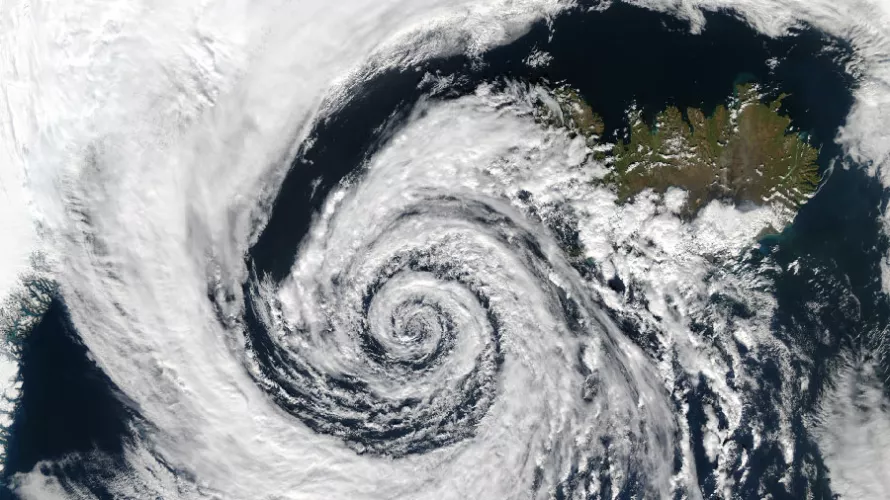
© Jacques Descloitres, MODIS Rapid Response Team, NASA/GSFC

© Jacques Descloitres, MODIS Rapid Response Team, NASA/GSFC
We are facing two major climate challenges. First, to avoid the unmanageable impacts of climate change, through climate action. Secondly, to cope with unavoidable impacts of climate change, through adaptation. Germanwatch is working on equitable and efficient solutions to both.
